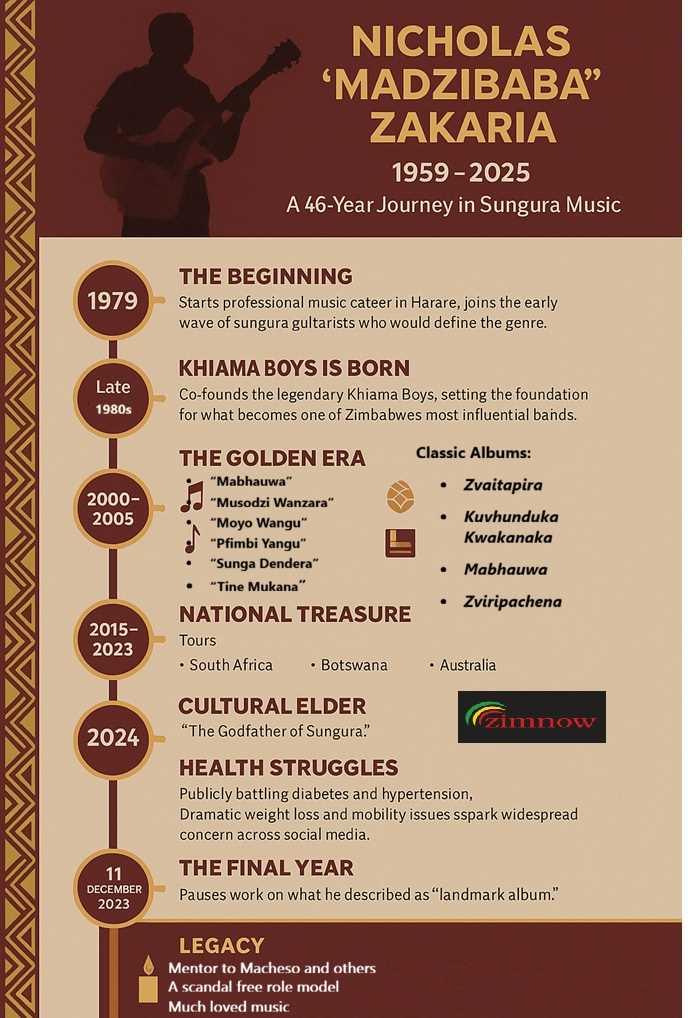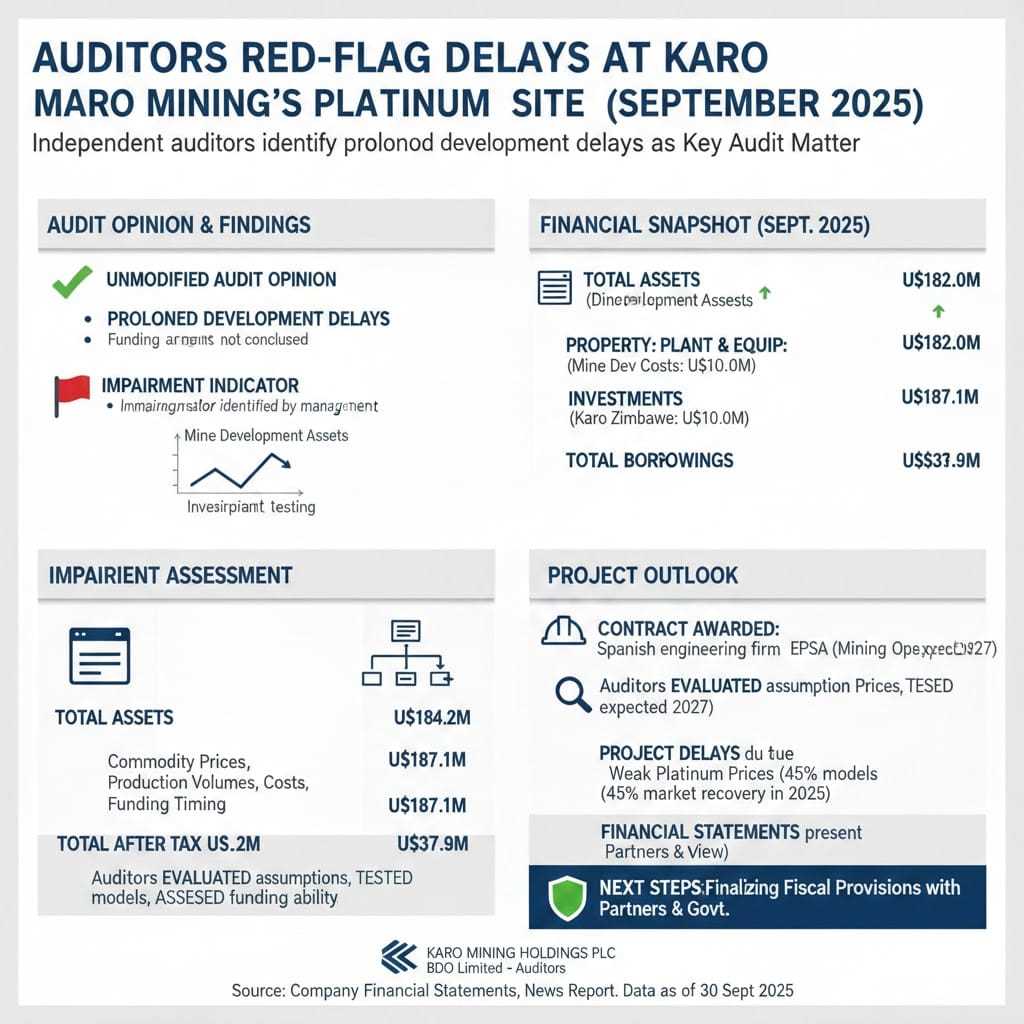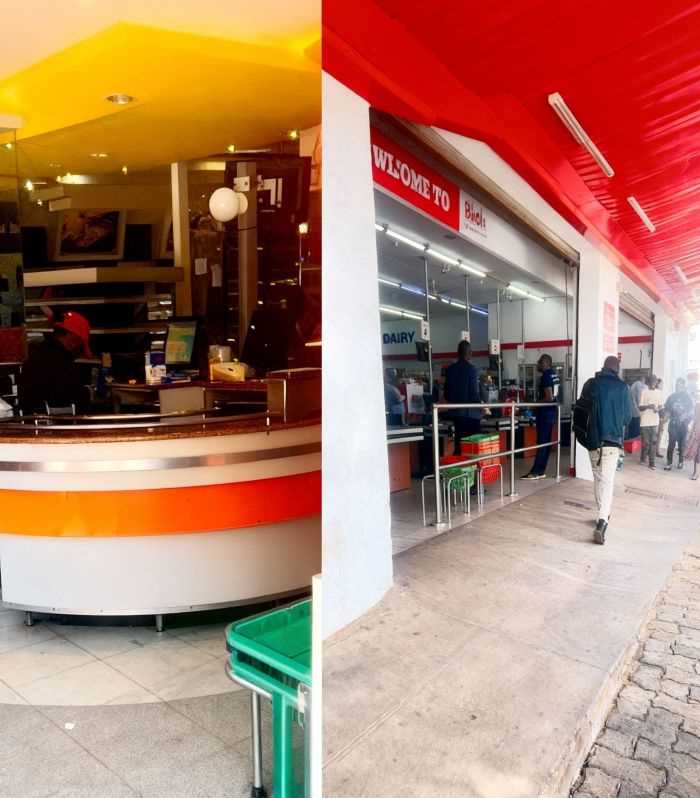
Patricia Mashiri
John Chinaka, 38, has been in and out of rehabilitation centres because of drug addiction. He wishes he could have done rehab for a longer period of time to get over with it.
At the moment he is admitted at Mandipa Hope Drug and Alcohol Rehabilitation Centre in Harare.
“I regret that I have wasted a lot of time doing drugs. I’m also forty, single and I do not have any kids. I started doing drugs at nineteen and my regret is that all this time I should have been productive and taking care of my family.
“Instead, I wasted most of my time going in and out of rehabilitation centres. I have been in and out because I felt I was discharged without having fully recovered and would go back to drugs again,” Chinaka said.
Early this year, the Zimbabwe Republic Police reported that 6 700 cases were recorded in connection with drug and alcohol abuse.
A report published by Zimstat highlighted that 5 240 people were arrested in cases involving unlawful acts involving alcohol, tobacco and other substances.
The Global strategy to reduce the harmful use of alcohol, agreed by WHO Member States in 2010, represents international consensus that reducing the harmful use of alcohol and its associated health and social burden is a public health priority.
This has been after an assessment that drug and alcohol abuse was rampant and needed an emergency solution to the pandemic.
Mrs Caroline Mashingadze-Tapfumanei, founder of Mandipa Hope Drug and Alcohol Rehabilitation Centre said the most cases of drugs that they encounter at the institution are crystal methamphetamine, cannabis, broncleer and in rare cases, cocaine and heroin.
“At Mandipa Hope we admit patients for at least two months in which we divide the period into two. The first month is for detoxification and the last month for the therapies including talk sessions where we plan what they would want to do when they leave the rehab centres.
We also include their families such that they will be able to help them achieve what they want to do. We do this to prevent idleness because we know if they go back home and be idle, they will go back in drug and alcohol abuse,” Tapfumanei said.
Related Stories
She also highlighted that they have discovered that people are led into drug and alcohol abuse because of different reasons, some of them being idleness which is caused by lack of employment, economic hardships, parenting skills among others.
“I Started doing drugs since 2010 because of the political climate of the country was not stable. I used to drink beer normally like any other people, then I was introduced to broncleer by a friend trying to contain the pain because of the economic challenges we had.
“In 2010 I went to Durban, South Africa, to study for a social science degree. My situation worsened when I got to South Africa because broncleer was much cheaper there. The money I used to buy one bottle of boncleer in Zimbabwe was now buying two or three bottles in South Africa,’ Chinaka said.
He highlighted that in 2015 he had a mental health challenge and that’s when his mother got to know that he was abusing drugs. He was taken to a psychiatric hospital.
“I was discharged because it was not working. Rehabilitation works but I think from my past experience I think it works if you are to partake in it for more than one month. I think if you get out of rehab at two weeks you will be craving for alcohol.
“I think the minimum should be three months if you go out there and you are still craving and if you still have money you will buy a bottle and start abusing drugs again. I have been admitted here at Mandipa Hope for five months and I no longer crave for any alcohol. If I get out of here and still get back to my past doings it would be because of my carelessness, not that the rehab would not have done its work,” he said.
Dr Kudzakwashe Mchena, a physiologist said if someone has a drug or alcohol problem they should always seek professional help.
“One needs to seek professional help so that they can be assisted in the correct way without assuming. Some mental health problems are caused by drug problems so we need to address the root cause,” he said.




















Leave Comments